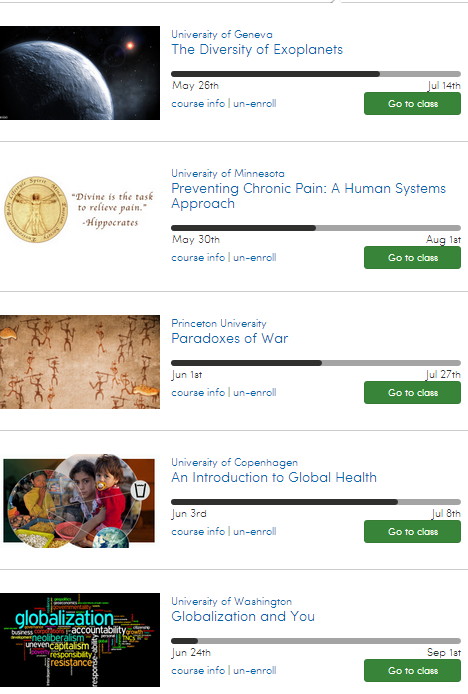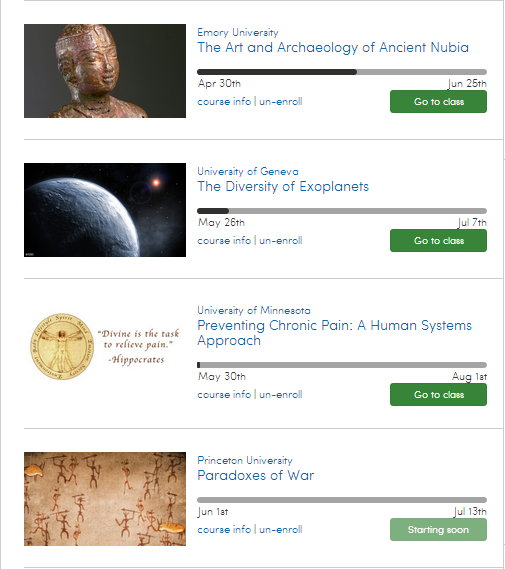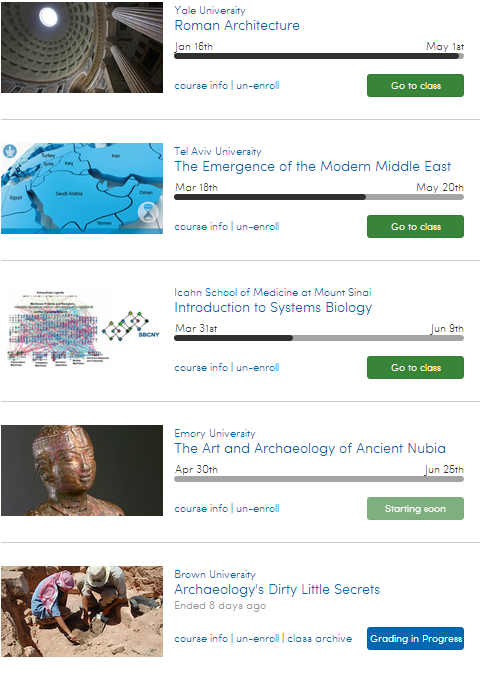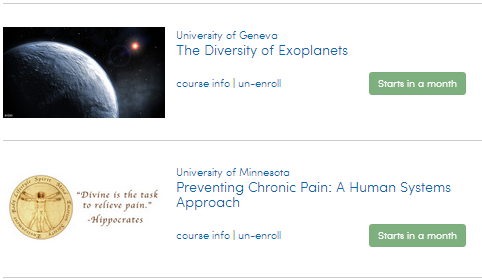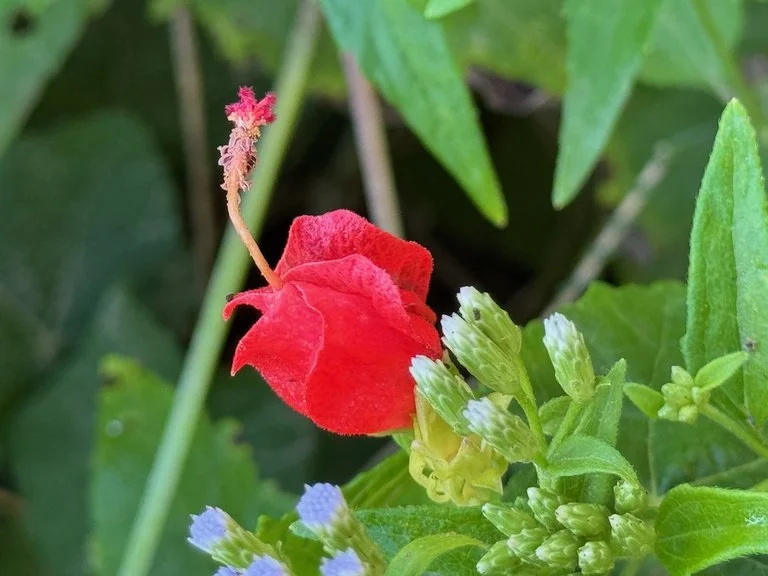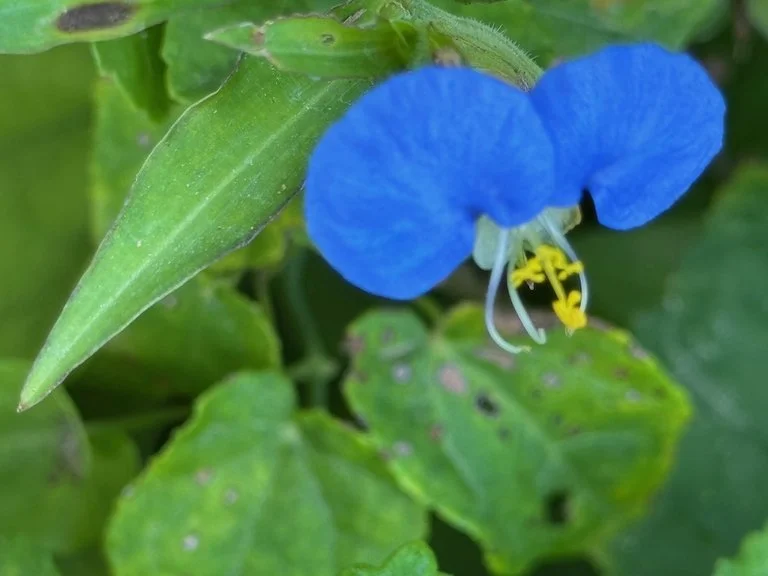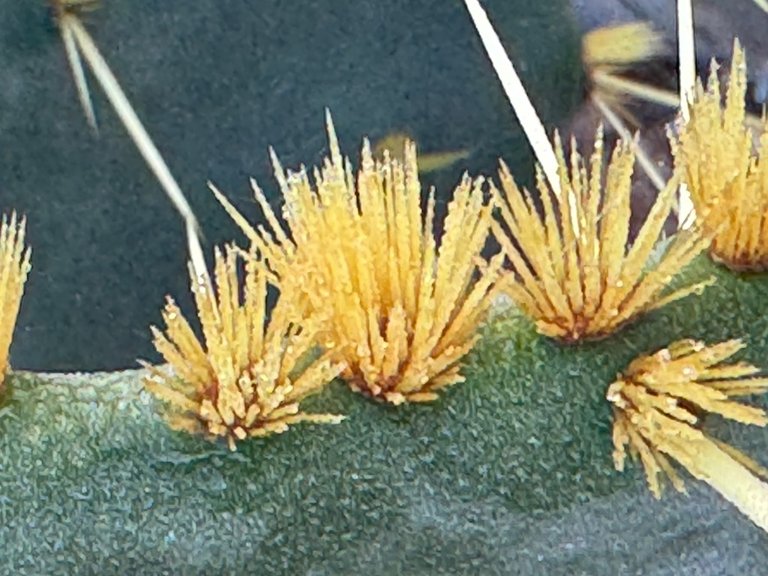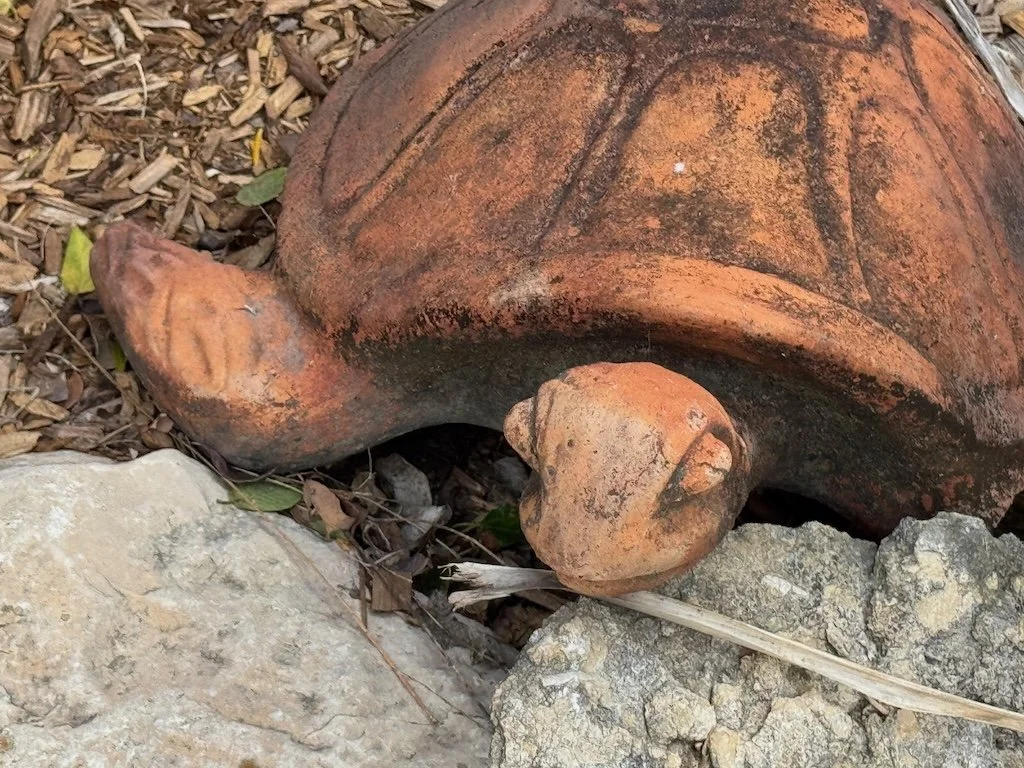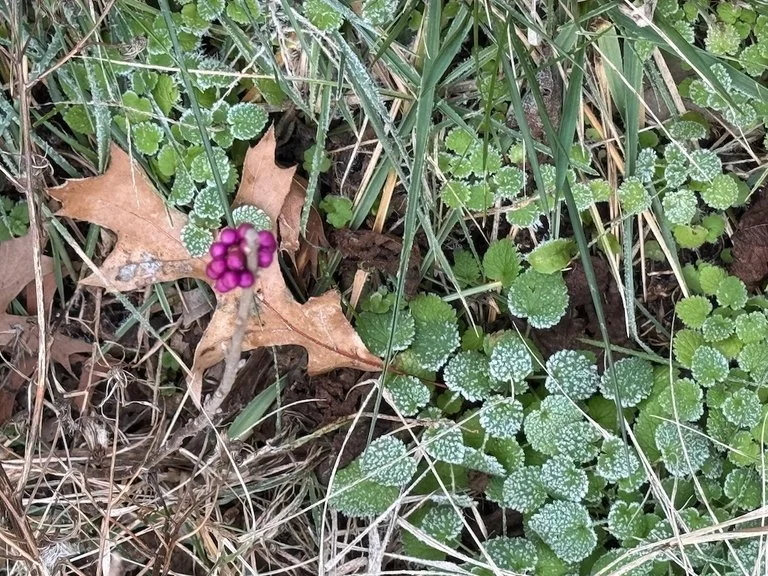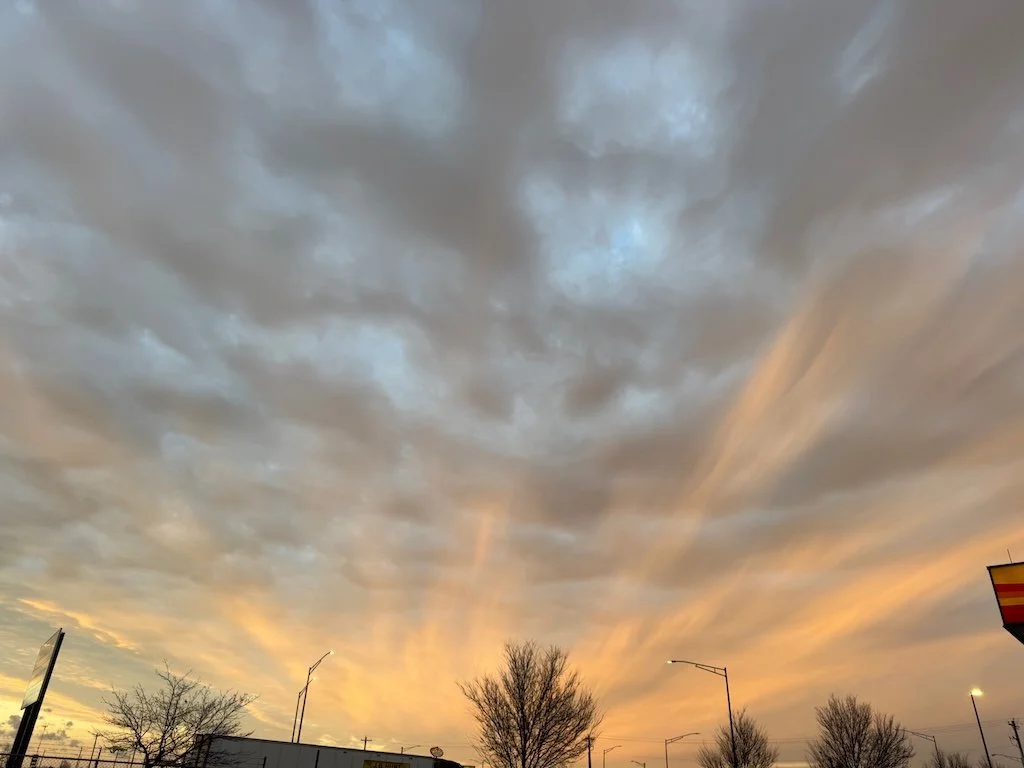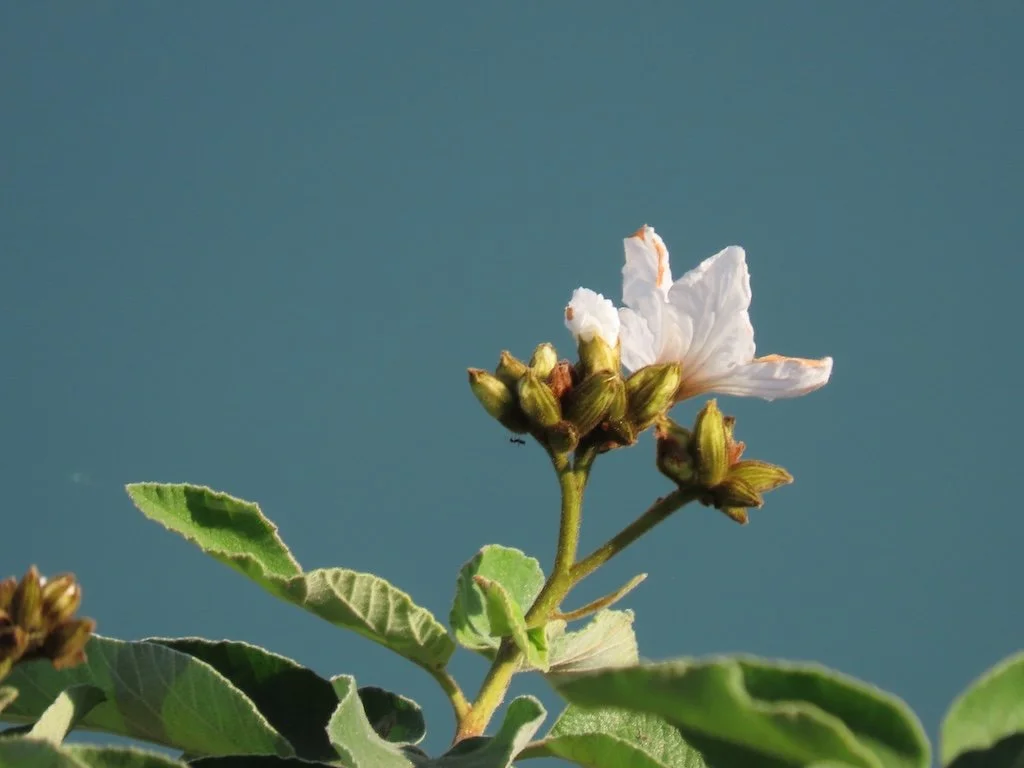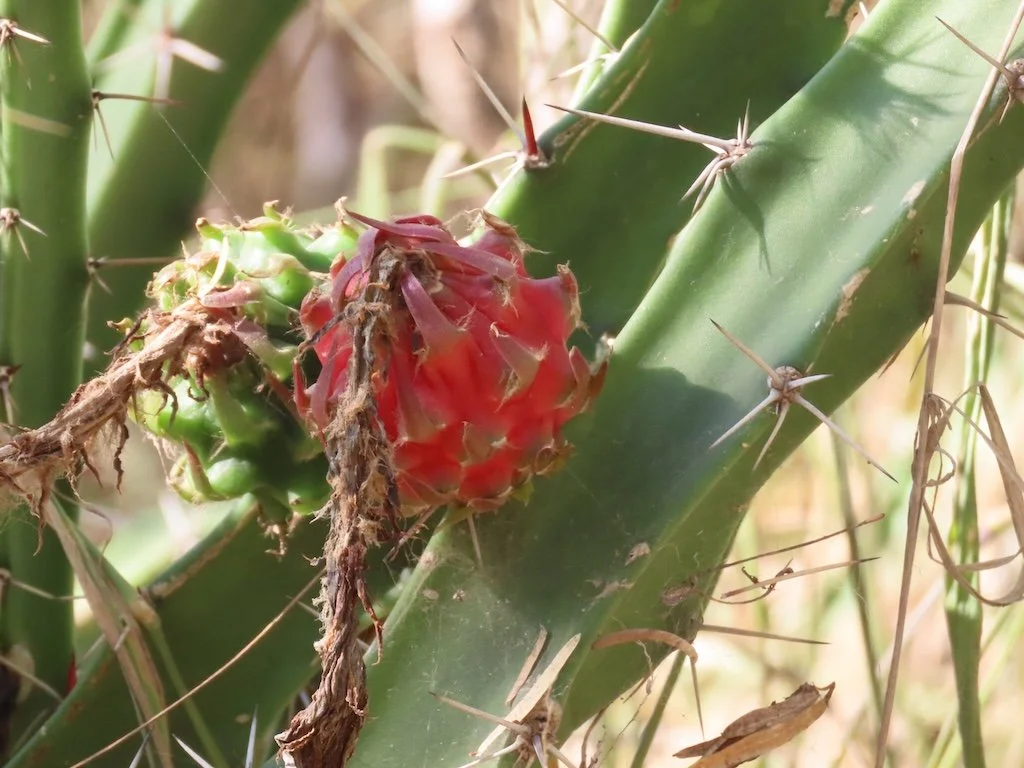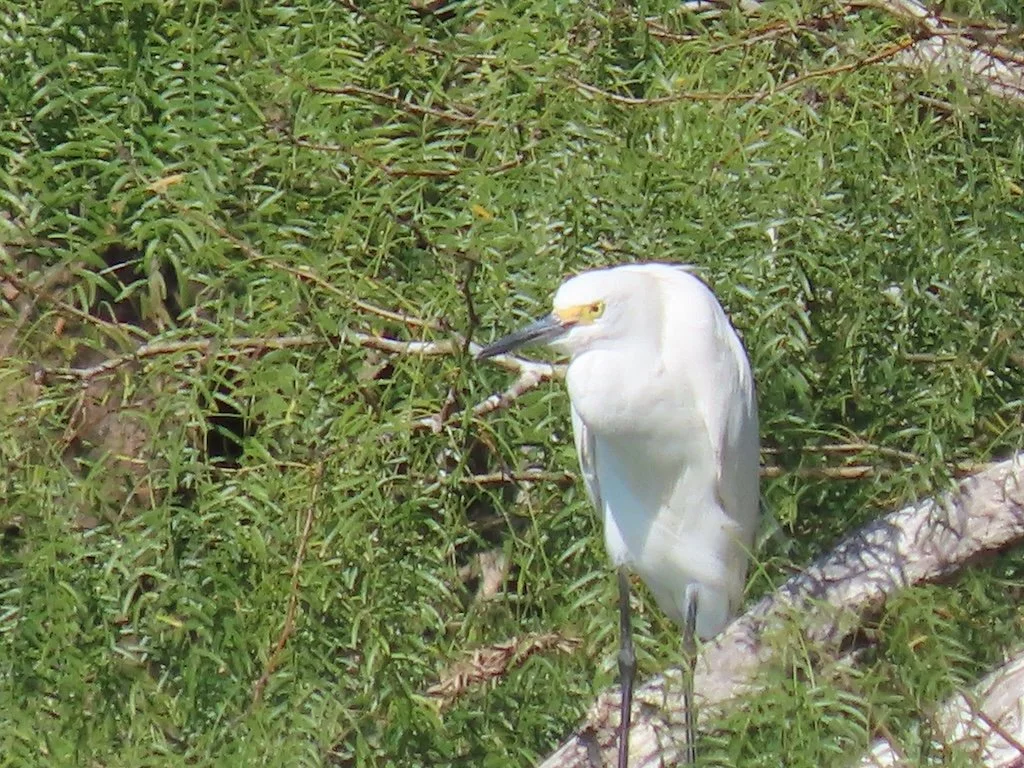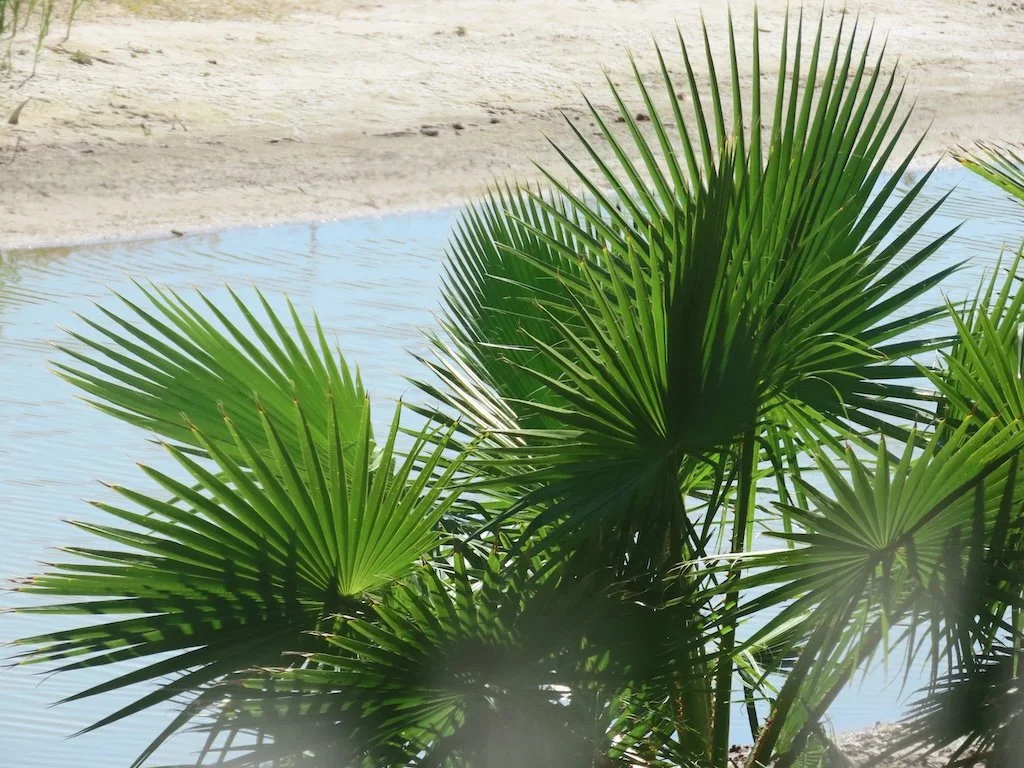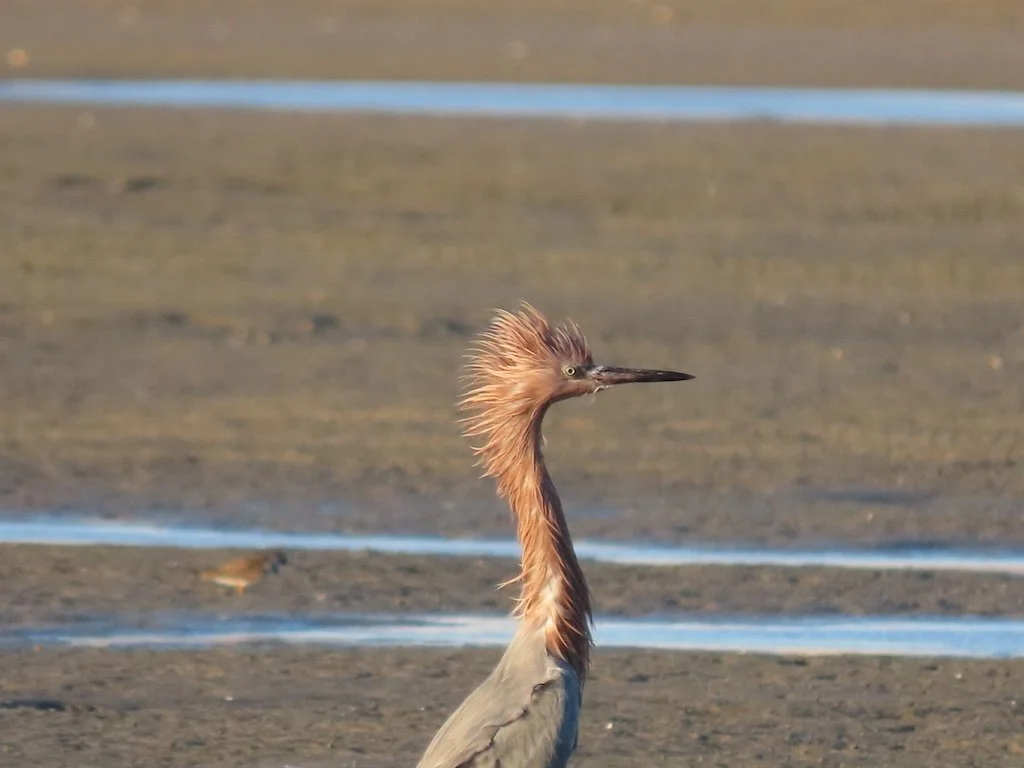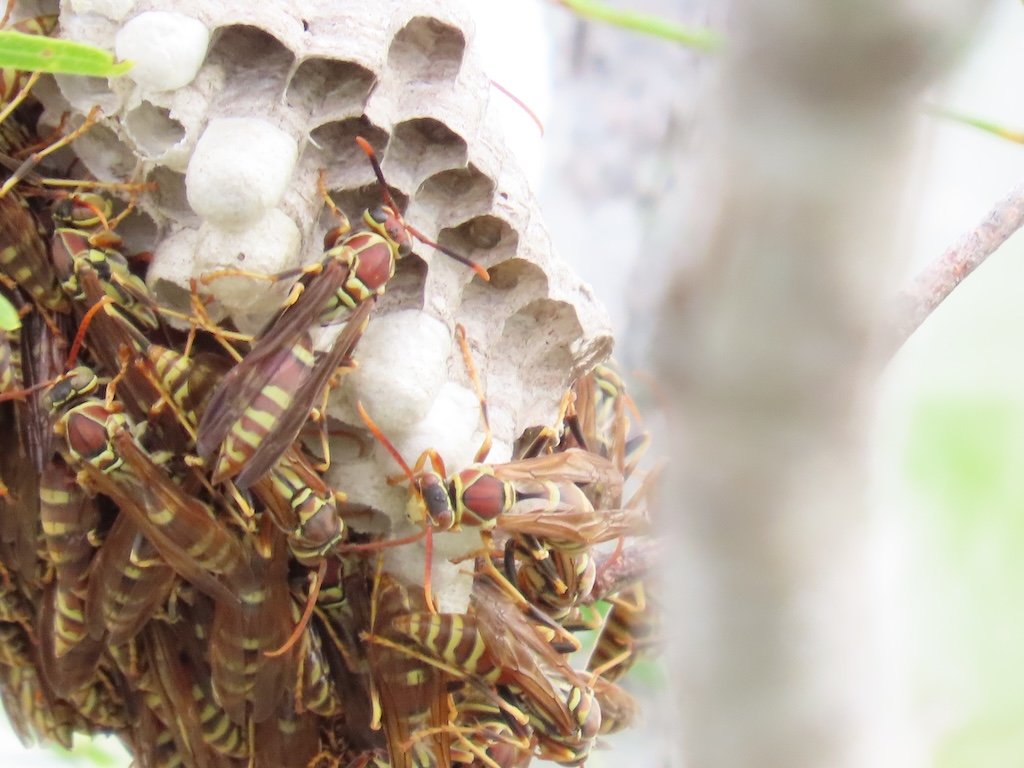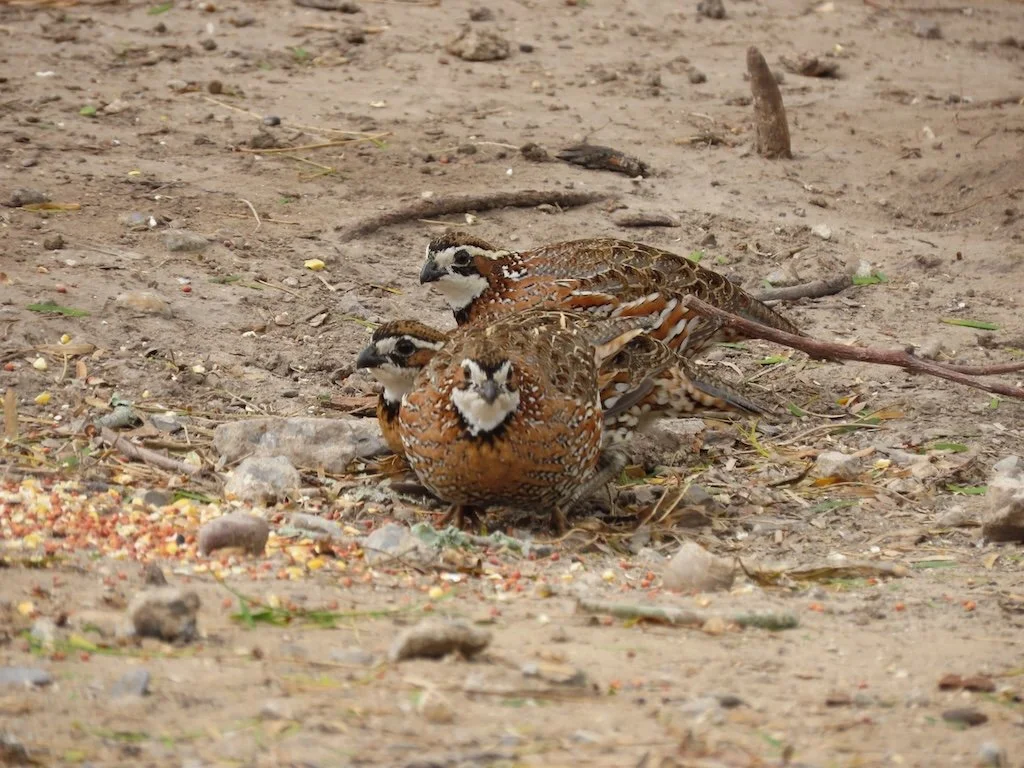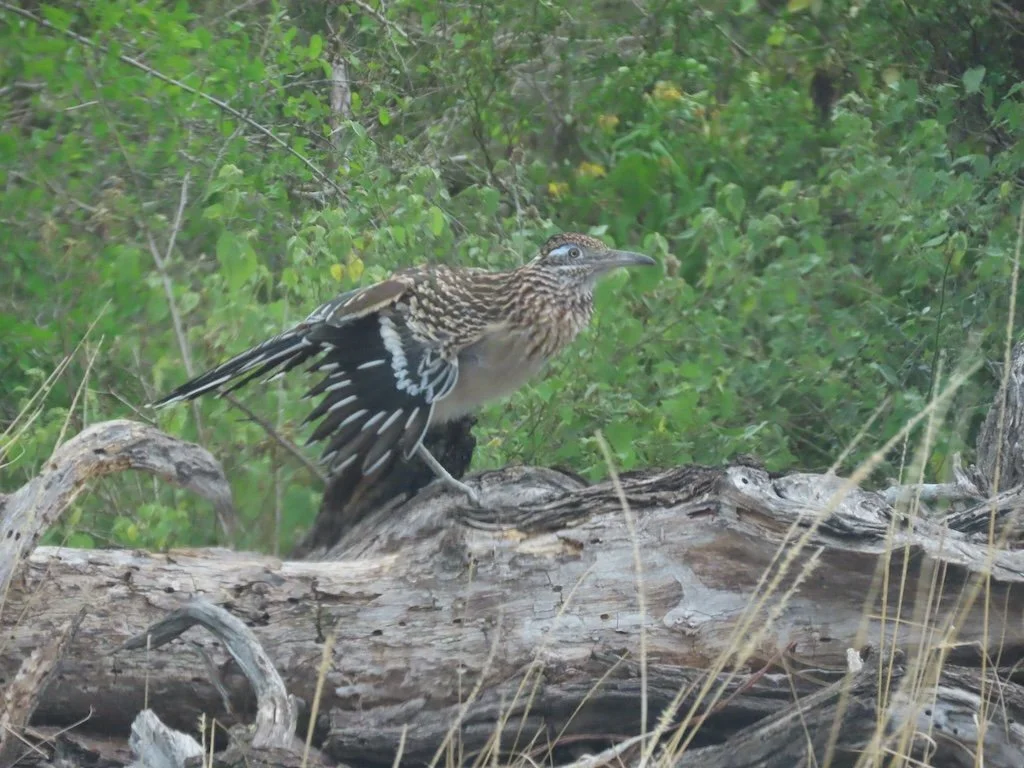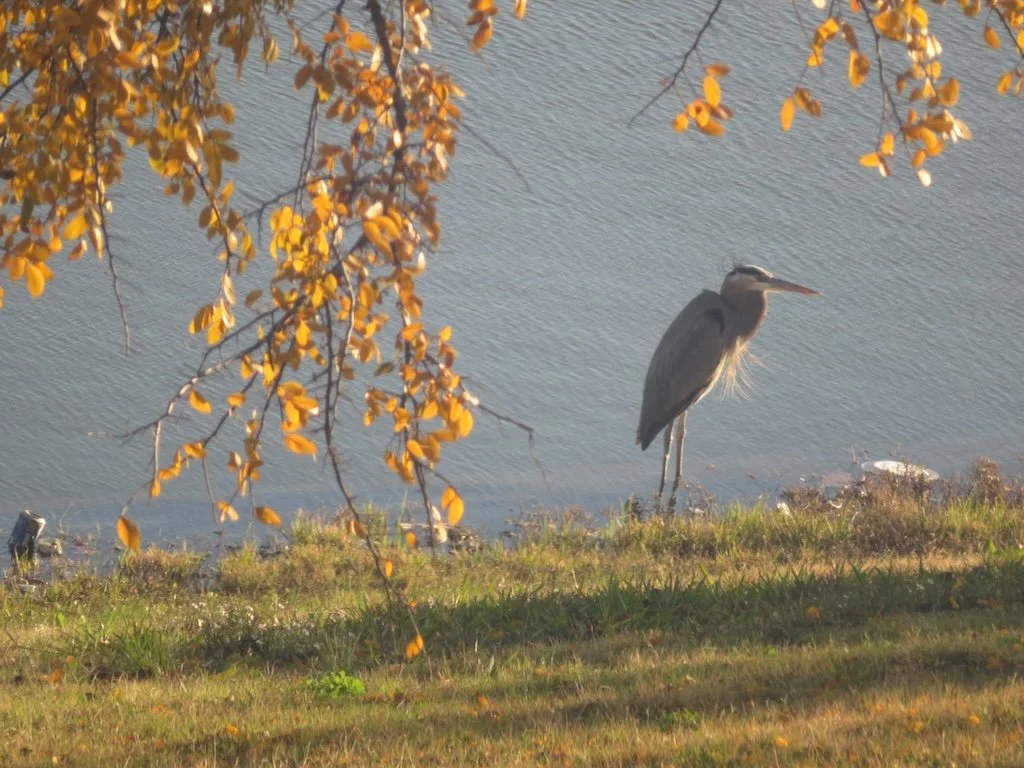Gleanings of the Week Ending November 15, 2014
/The items below were ‘the cream’ of the articles and websites I found this past week. Click on the light green text to look at the article. (Note: There are a lot of planetary science/astronomy related new items this week….a perfect storm with conferences and events).
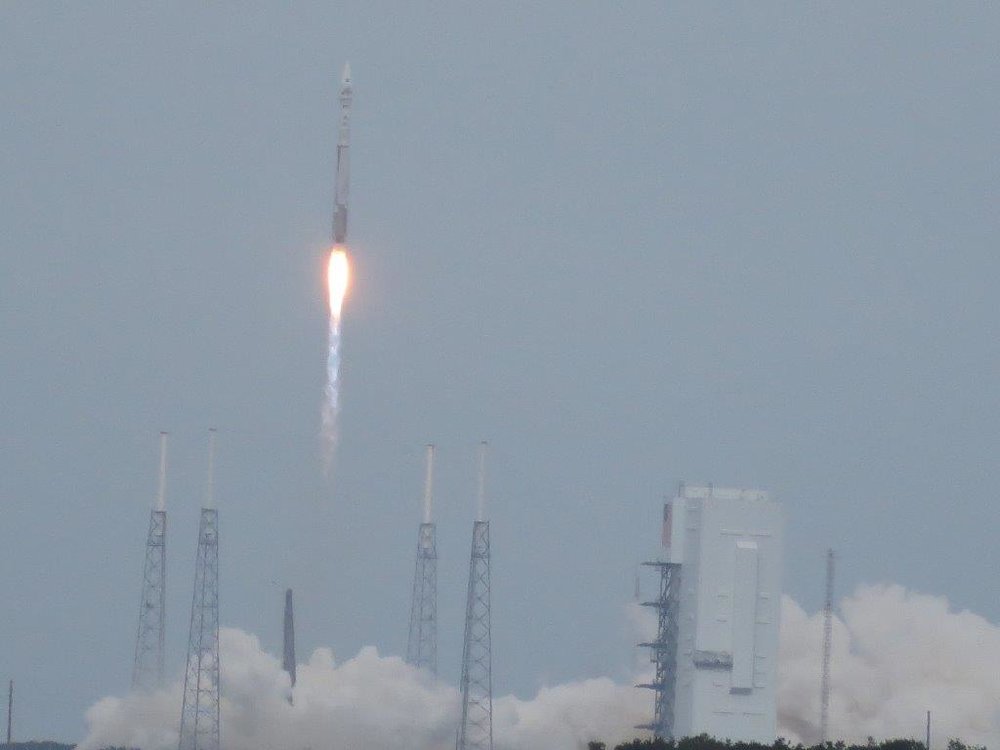 Mars spacecraft, including MAVEN, reveal comet flyby effects on Martian atmosphere - We were in Florida to see the launch (see picture at right) of MAVEN last fall and I’ve been noticing any articles of it since then.
Mars spacecraft, including MAVEN, reveal comet flyby effects on Martian atmosphere - We were in Florida to see the launch (see picture at right) of MAVEN last fall and I’ve been noticing any articles of it since then.
Baby photos of a scaled-up solar system - My daughter is one of the co-authors! I’m celebrating that her work is getting the publicity.
All 'quantum weirdness' may be caused by interacting parallel worlds, physicist theorizes - This article seemed to fit right in with the last cosmology segment of the Philosophy and the Sciences Coursera course!
Touchdown! Rosetta’s Philae probe lands on comet - Hurray! It is amazing that it actually landed…more news sure to come.
Jupiter's Great Red Spot is likely a sunburn, not a blush - Altitude may play a role in the color we observe on Jupiter. The red spot reaches much higher altitudes than clouds elsewhere on Jupiter.
Sense of meaning and purpose in life linked to longer lifespan - The questionnaire used something called ‘eudemonic wellbeing’ which relates to your sense of control, feeling that what you do is worthwhile and your sense of purpose in life…..and then looked at what happened to people with different levels of ‘wellbeing’ for the next 8.5 years.
Chiricahua National Monument Does Away With Entrance Fees - I am paying attention to every near Tucson since I’m sure we’ll be visiting sometime before next summer.
Scientists Discover a Virus That Makes Humans Less Intelligent - Specifically - “The group that harbored the virus performed worse overall on a set of tasks to measure the speed and accuracy of visual processing.” The impact is slight but measurable. I wonder what other subtle infections exist.
Kilauea, 1790 and today - The eruption in 1790 was explosive but the eruptions of the last 3 decades we are seeing now is effusive. The geologic record shows that the mountain erupts in both ways ---- but not at the same time.
New state level data demonstrate geographical variation in 10-year cardiovascular risk - Where does you r state rank? There is quite a variation.
Unique Roman relief discovered: Depiction of unknown god in Turkey; Relics from 2,000 years of cult history excavated - An international excavation that has been ongoing for over 10 years is still finding new things.

